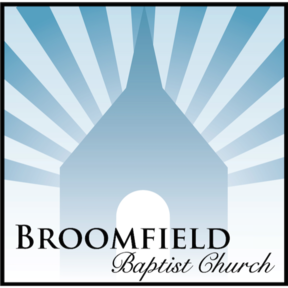Sunday, Feb. 5th - AM - Through the Fire, Be Thou Faithful, Part One (Rev. 2:8-11)

Introduction:
I. The Praise of Christ (Rev. 2:8-9).
A. The Letter's Greetings (Rev. 2:8).
1. The Pastor (v. 8a).
2. The People (v. 8b).
3. The Place (v. 8c).
B. The Lord's Greatness (Rev. 2:9).
1. His Compassion Toward Them (v. 9a).
a. His Eternality.
b. His Resurrection Power.
2. His Concern Over Them (v. 9b).
a. For Their Works.
b. For Their Tribulation.
c. For Their Poverty.
i. Physically Poor.
ii. Spiritually Rich.
d. For Their Persecutions.
i. The Slander Was False.
ii. The Synagogue Was Fake.
iii. Satan Was Fierce.
II. The Persecution of His Church at Smyrna (Rev. 2:10).
A. The Lord's Foresight (Rev. 2:10a).
1. Tried By the Devil.
2. Tribulation Ten Days.
B. The Leader's Faithfulness (Rev. 2:10b).
1. Fearless Allegiance.
POLYCARP, hearing that persons were after him to apprehend him, escaped, but was discovered by a child. From this circumstance, and having dreamed that his bed suddenly became on fire, and was consumed in a moment, he concluded that it was God's will that he should seal his faith with martyrdom. He therefore would not attempt to make a second escape when he had an opportunity of so doing. Those who apprehended him, were amazed at his serene countenance, and comely gravity. After feasting them, he desired an hour in prayer, which being allowed, he prayed with such fervency, that his guards repented they had been instrumental in taking him. He was, however, carried before the pro-consul, condemned, and conducted to the market-place. Wood being provided, the holy man earnestly prayed to heaven, after being bound to the stake; and as the flames grew vehement, the tormentors gave way to each side, the heat now becoming intolerable. In the mean time the bishop sung praises to God in the midst of the flames, but remained unconsumed therein, and the burning of the wood spreading a fragrancy around, the guards were much surprized. Determined, however, to put an end to his life, the struck spears into his body, when the quantity of blood that issued from the wounds extinguished the flames. After considerable attempts, however, they put him to death, and burnt his body when dead, not being able to consume it while living. The twelve other christians, who had been intimate with Polycarp, were soon after martyred.
